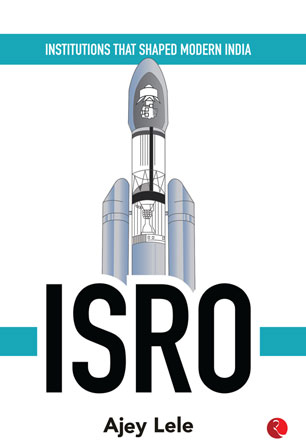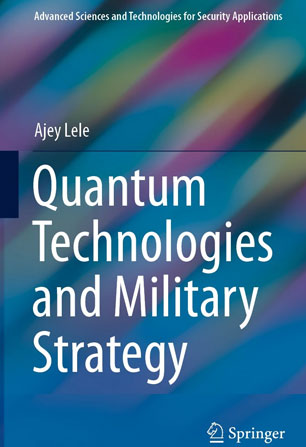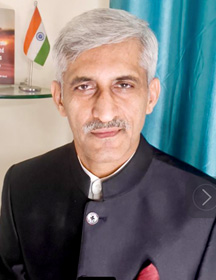Military – Civil Technology Fusion (MCTF) For Making India Atmanirbhar Global Drone Hub@2030
This monograph examines civil and military drone policies, organisational structures, technology development initiatives, ecosystems, strengths, challenges, and proposes a way forward. It recommends formulating a civil drone atmanirbharta policy, designating nodal ministry of drone technology, creating organisational structures for civil drone R&D, launching civil drone technology development initiatives and instituting course corrections in defence UAV development programs.
Leveraging Cyber Power: A Study of the Approaches and Responses of the Major Powers
The monograph looks at how major powers have tried to pursue three objectives in cyberspace, viz. (1) strengthening or enhancing national cyber defences, and (2) striving to shape the international cyber environment by leveraging economic and technological capabilities, and (3) through defining and evangelising international cyber norms. A section on the cybersecurity preparedness of the countries of the South Asian region is incorporated to highlight those vulnerabilities and deficient capacities and capabilities that give the major powers a foothold to pursue their objectives.
Quantum Technologies and Military Strategy
This book is about the strategic relevance of quantum technologies. It debates the military-specific aspects of this technology. Various chapters of this book cohere around two specific themes. The first theme discusses the global pattern of ongoing civilian and military research on quantum computers, quantum cryptography, quantum communications and quantum internet. The second theme explicitly identifies the relevance of these technologies in the military domain and the possible nature of quantum technology-based weapons. This thread further debates on quantum (arms) race at a global level in general, and in the context of the USA and China, in particular. The book argues that the defence utility of these technologies is increasingly becoming obvious and is likely to change the nature of warfare in the future.
- ISBN: 978-3-030-72720-8 ,
- Price: EUR 89.99
The Road to 5G: Technology, Politics And Beyond
This monograph examines the key technologies behind 5G, the requirements of infrastructure and spectrum, and the emerging landscape with the rise of Chinese telecommunication equipment manufactures. It delves into China’s rise as a key technology provider in the telecommunications sector, and a prime contributor to standards development.
Disruptive Technologies for the Militaries and Security
- Publisher: Springer, Singapore
This book debates and discusses the present and future of Disruptive Technologies in general and military Disruptive Technologies in particular. Its primary goal is to discuss various critical and advanced elucidations on strategic technologies. The focus is less on extrapolating the future of technology in a strict sense, and more on understanding the Disruptive Technology paradigm. It is widely accepted that technology alone cannot win any military campaign or war. However, technological superiority always offers militaries an advantage. More importantly, technology also has a great deterrent value. Hence, on occasion, technology can help to avoid wars. Accordingly, it is important to effectively manage new technologies by identifying their strategic utility and role in existing military architectures and the possible contributions they could make towards improving overall military capabilities. This can also entail doctrinal changes, so as to translate these new technologies into concrete advantages.
- ISBN: E-book-978-981-13-3384-2, Hardcopy-978-981-13-3383-5
- Price: E-book- € 118.99, Hardcover- € 139,99









